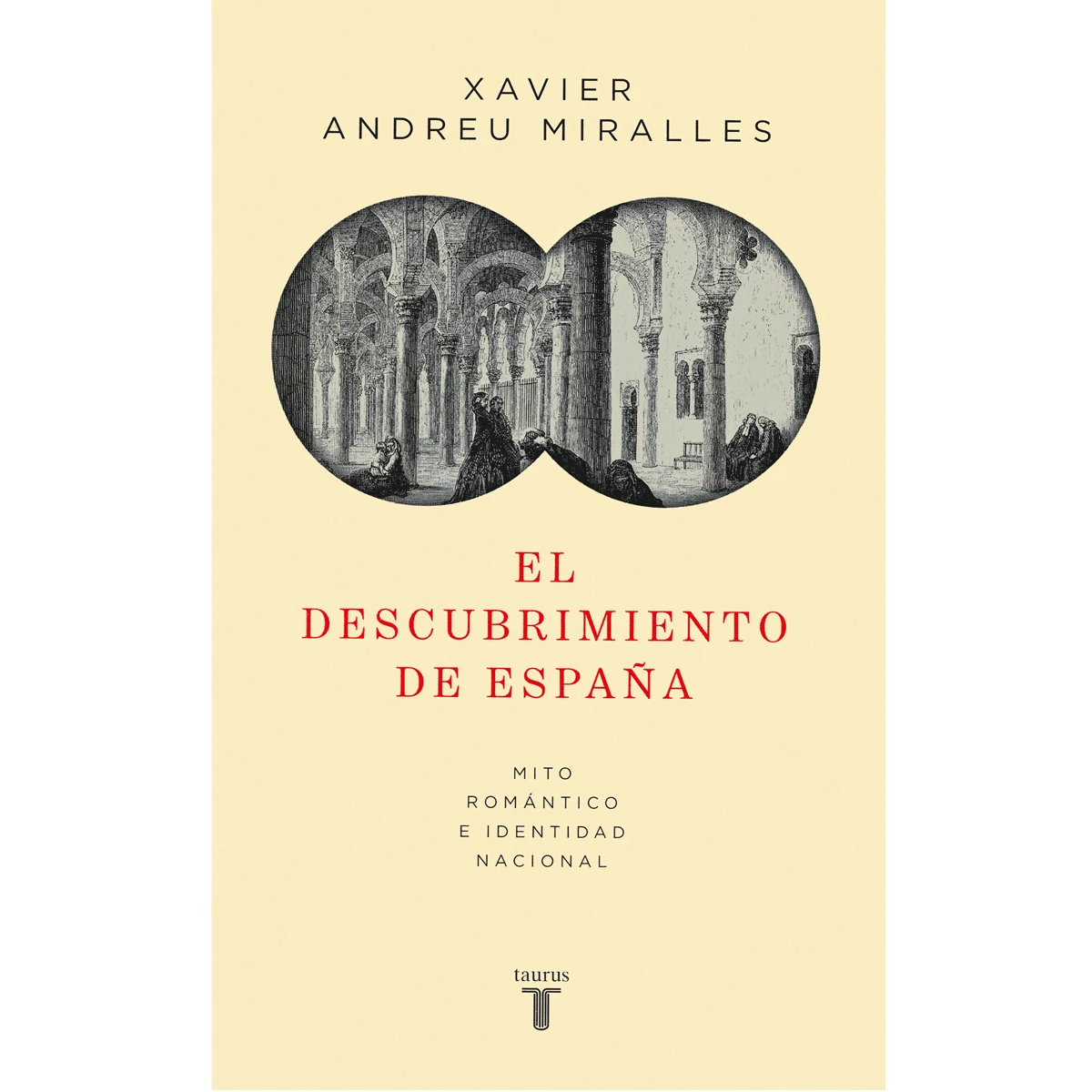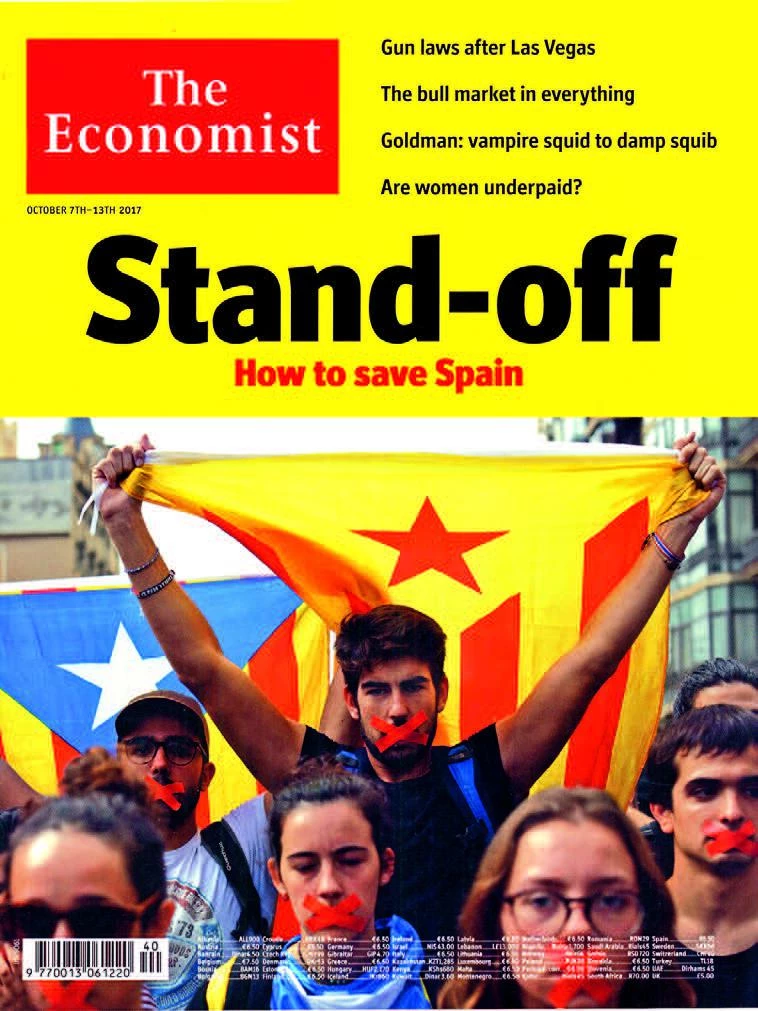
The book by Juan Benet is already fifty years old. A half-century has passed during which the nation Spain has gone from bimillenial to bicentennial and ended up a mythical space not unlike the novelist’s Región or Faulkner’s Yoknapatawpha. Myth and symbol knot together two recent books about Spanish identity which, though similar in their covers, could not differ more in approach and purpose. El descubrimiento de España, by Xavier Andreu Miralles, uses the literary sources of Spanish romanticism to explore the construction of national identity in an orientalist crucible, and is appropriately presented with a Doré engraving that shows the Great Mosque of Córdoba in 1867, an image explained in the opening pages as a perfect representation of the ‘romantic myth’ through which Spain is perceived. Por qué España, by Ignacio Merino, claims to give a symbolic view of Spanish history, but is more like a hectic pleasure ride through it, adorned with anecdotes, occasionally extravagant ones, that go from Atapuerca to Almodóvar, upholding an essentialist view of all things Spanish that seems to contradict the cover design, a Mudejar tracery – the coffered ceiling of the throne room in the Aljafería of Zaragoza, although it is not identified anywhere – that is almost an emblem of cultural syncretism.

The book by the young Valencian historian Xavier Andreu Miralles, originally a dissertation, brilliantly explores the fabrication of a nation as a cultural artifact, rereading Larra, Zorrilla, Mesonero, or Fernán Caballero to understand the process of exchange between intellectual and popular where collective identity is coined, in tune with the Franco Moretti who established the connection between the birth of the novel and the birth of the nation. Always with subtlety, he traces the route that links Gautier’s Carmen to the contemporary local color of “the bandit Curro Jiménez, the billboard bulls of Osborne brandy, Almodóvar’s muses, flamenco song, and Spanish football fury,” and finds the origin of this shared imagery in the romantic era and its exaltation of the impassioned orientalist primitivism that European modernity finds in the Iberian Penisula’s Moorish past. Inevitably indebted to Edward Said in his unveiling of the prejudiced orientalism of the Western world, Andreu Miralles uses romantic literature as an integral part of political history, not simply to illustrate it, pointing out – like other authors of his age – the close relationship between nation and narration.
The work of the veteran journalist from Valladolid, Ignacio Merino, described by himself as popular reading, in the manner of those written by the Krausists, regenerationists, and members of the 98 Generation he so admires, is indeed a vigorously composed text that surely fulfills its purpose of ‘entertaining and instructing,’ although his Jungian devotion to archetypes makes him go back to Homo antecessor to look for origins of Spanish roots, which he also finds in Tartessos and Argantonio (like Fernando Sánchez Dragó’s very popular Gargoris y Habidis forty years ago), along the way losing academic respectability but gaining in mythopoetic persuasion. The narrative, which from a liberal angle tries to reconcile the Left with the idea of Spain, devotes only six of its almost 600 pages to Al-Andalus; a disconcerting assessment much at odds with the progressively inclined orientalism of the 19th century that was so instrumental in forming the collective imagery of the nation, and an assessment which, moreover, is reinforced by the omission of Américo Castro in a bibliography that, on the other hand, includes Claudio Sánchez-Albornoz.
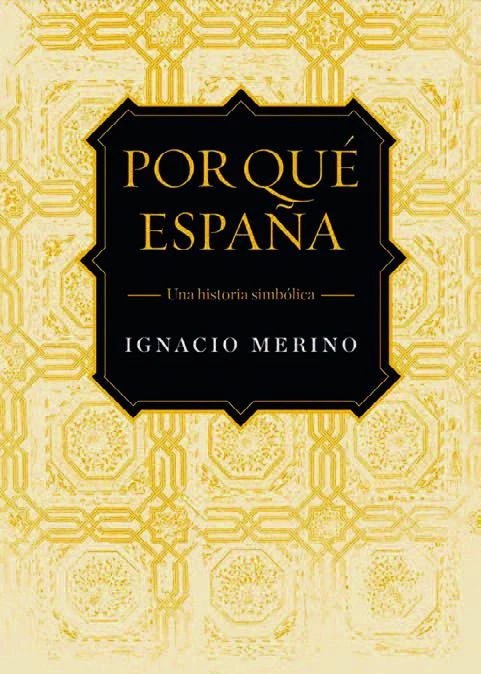
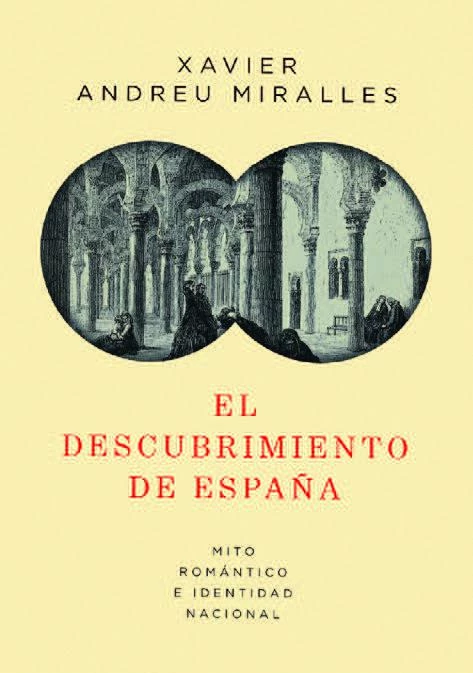
The waving of flags and the clash of identities reminds us that nations are cultural artifacts that can be used at the service of emotional populisms that create divisions in their exaltation of one’s own heritage.
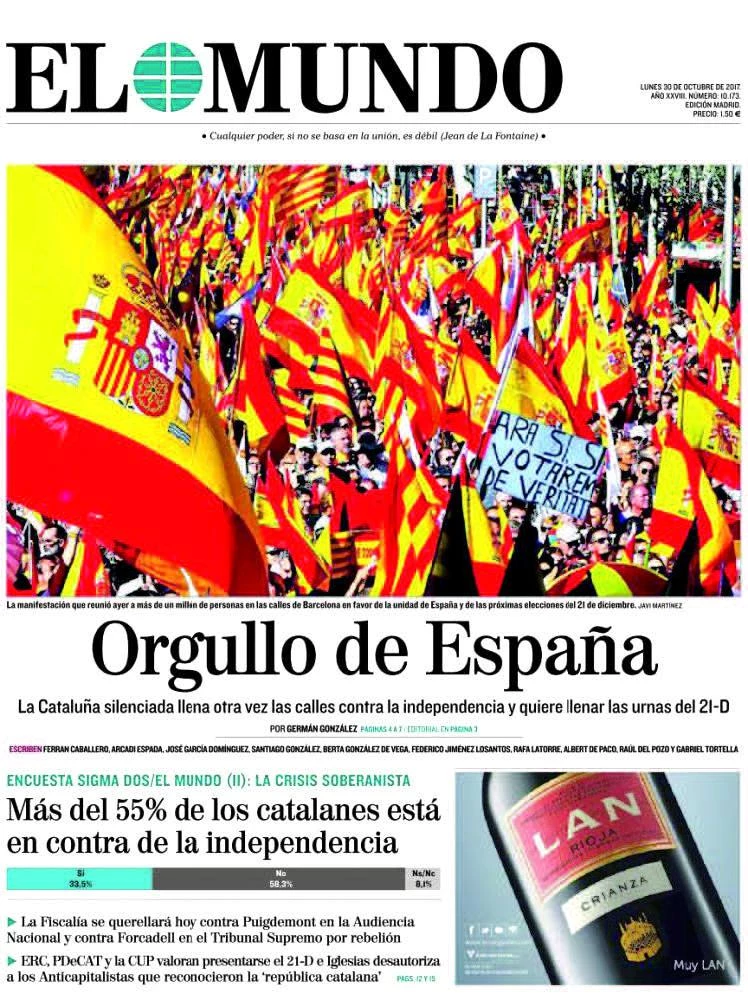
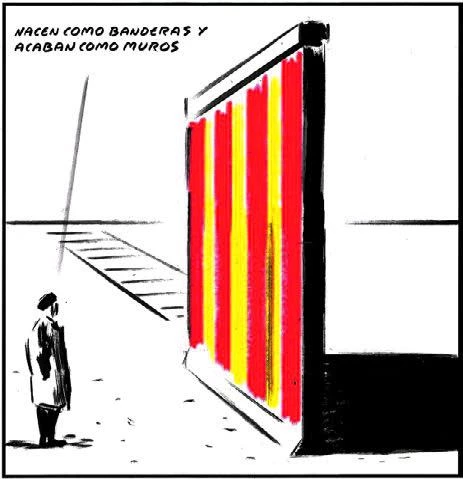
Andreu Miralles refers to Mater Dolorosa. La idea de España en el siglo XIX, by José Álvarez Junco, as the ‘modernist’ interpretation that continues to be hegemonic, having “put up against the ropes the defenders of patriotic essences,” and the evident nativism of Ignacio Merino, who does not quote the book, would enrich its approach through the reading of Las historias de España, and even better the latest book by Professor Álvarez Junco, Dioses útiles. Naciones y nacionalismo, a work combining academic rigor with civic commitment, which is an intellectual compass in these troubled times, and which opens with a quote from Edward Gibbon’s Decline and Fall: “The various modes of worship which prevailed in the Roman world were all considered by the people as equally true; by the philosopher as equally false; and by the magistrate as equally useful.” If we are bound to return to Nación, may he be our guide.

